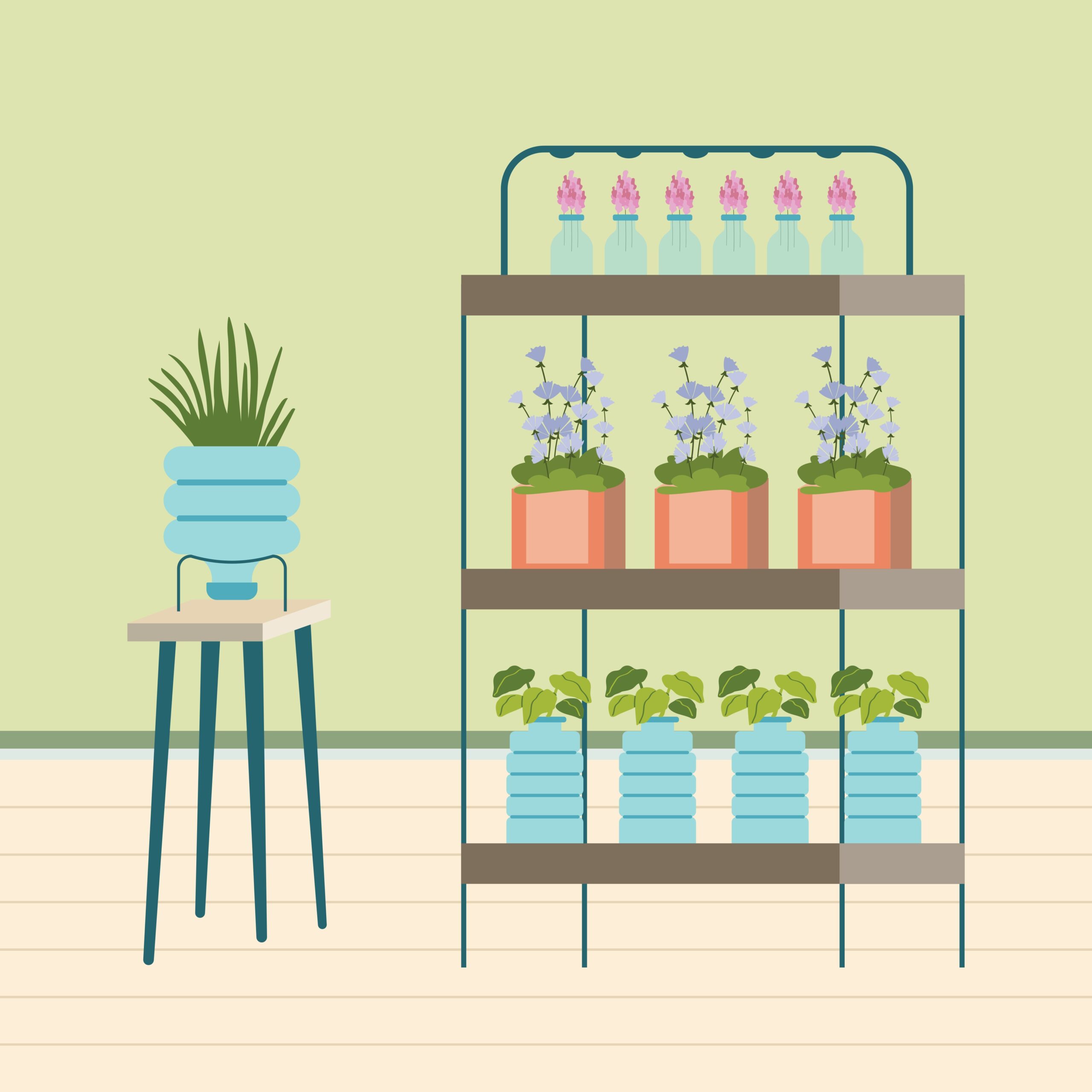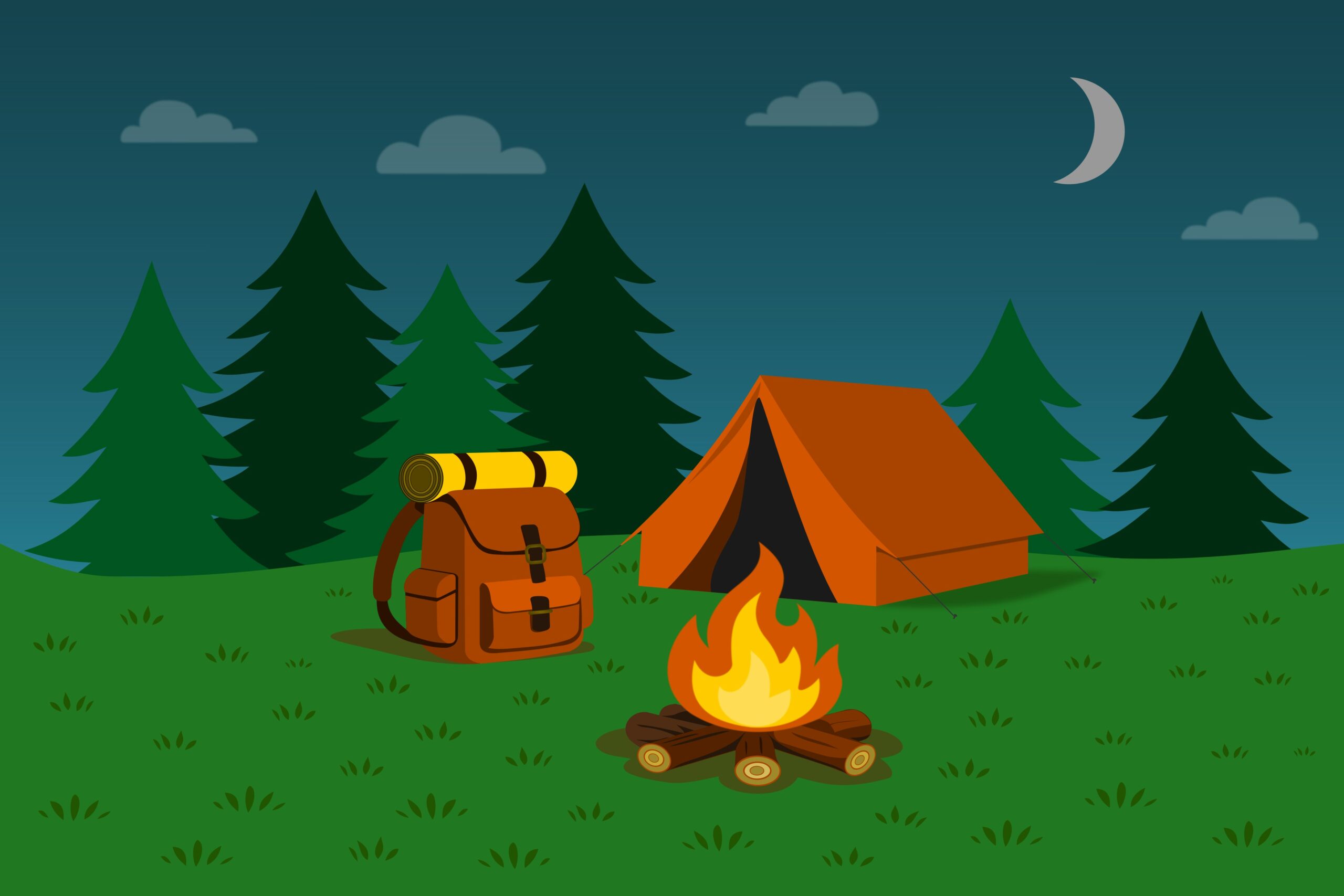If you want to start your journey as a rapper, beginning with a small investment is the most practical approach. These days, all you really need is a smartphone, a basic microphone, or a computer to record and create music at home. There’s no need to buy expensive equipment or rent a studio from the start. With streaming platforms and social media, you can easily share your work and start building an audience. The most important thing is to focus on developing your skills and finding your own style. As you gain more experience and your fanbase grows, you can gradually increase your investment in better gear or promotion. This way, you keep your risks low and can move forward at your own pace, making the most of the opportunities the digital era offers.
Tag: Marketing For Rappers
-
Promotion Tips for Rappers Who Struggle with Social Media

If you’re a rapper who isn’t comfortable with social media, you don’t have to force yourself to post every day. Focus on real-world connections—hand out flyers at live shows, ask local shops to display your posters, and build relationships face-to-face. Use only the social media platforms you’re comfortable with, posting occasional updates or event announcements. You can also use blogs or an official LINE account to connect with fans at your own pace. The key is to find methods that fit you and keep engaging with your audience in ways that feel natural.
-
How can I find a producer who understands my unique style?

Finding a producer who understands your unique style is crucial for creating music that truly represents your artistry. Here’s a step-by-step guide to help you connect with the right producer:
1. Define Your Style and Vision
Before searching for a producer, make sure you have a clear understanding of your sound, style, and artistic vision. Ask yourself:
- What genre or subgenre do I primarily focus on?
- What themes or emotions do I want my music to convey?
- Who are my musical influences?
Having clarity about your identity as an artist will help you find a producer who aligns with your goals.
2. Research Producers in Your Genre
Look for producers who specialize in the style of rap you create. Here’s how you can find them:
- Listen to Similar Artists: Find rappers with a style similar to yours and research who produced their tracks.
- Social Media Platforms: Many producers showcase their work on Instagram, Twitter, TikTok, or YouTube. Search hashtags like #HipHopProducer or #RapBeats.
- SoundCloud and BeatStars: These platforms are full of producers who upload beats and tracks. Explore their profiles to see if their sound matches yours.
3. Network in Music Communities
Building relationships within the music industry can lead to finding the right producer. Here’s how:
- Attend Local Events: Open mics, showcases, or rap battles are great places to meet producers and other artists.
- Join Online Forums: Platforms like Reddit (e.g., r/makinghiphop) or Discord communities for music creators can help you connect with producers.
- Collaborate with Other Artists: Working with other rappers may introduce you to producers they’ve worked with.
4. Test Compatibility
Once you identify potential producers, reach out and discuss your vision. Ask questions like:
- Have they worked with artists similar to you?
- Are they open to experimenting with your unique ideas?
- Can they adapt their beats to fit your flow?
Consider collaborating on one track before committing to a long-term partnership. This lets you test whether their production style complements your rap.
5. Use Online Tools to Connect
Several platforms are specifically designed to connect artists and producers:
- BeatStars: Browse beats and contact producers directly.
- Airbit: Another marketplace for beats where you can find producers.
- Fiverr: Many freelance producers offer custom beat-making services.
- Instagram/DMs: Many producers actively promote their work on social media—don’t hesitate to reach out.
6. Build Relationships Over Time
The best collaborations often come from mutual respect and understanding. As you work together, communicate openly about what works and what doesn’t. Building rapport ensures the producer understands your style better over time.
7. Stay True to Yourself
While it’s important to find someone who complements your sound, don’t compromise your artistic integrity just to fit into their production style. The right producer will enhance your creativity rather than overshadow it.
By actively searching, networking, and testing compatibility, you’ll be able to find a producer who truly understands your unique style and helps bring your vision to life.
-
Will Artist Collaboration Decline with the Rise of AI Music Generation?

The music industry is on the cusp of a technological revolution, with AI music generation tools becoming increasingly sophisticated. For rappers and other musicians, this shift raises questions about the future of artist collaborations. While concerns are valid, the reality may be more nuanced than a simple decline in collaborative efforts.
The Evolving Landscape of Music Collaboration
As AI continues to make inroads into music creation, the nature of collaboration is likely to transform rather than disappear. Here’s how:
- AI as a Creative Partner: Many artists are beginning to view AI as a collaborator rather than a competitor. Tools like AIVA and Amper Music are enabling musicians to work alongside AI, potentially enhancing their creative output.
- Enhanced Human-AI Synergy: The future may see more intricate partnerships between human artists and AI systems, where machine learning complements human creativity in novel ways.
- Innovative Collaboration Forms: Some artists, such as Holly Herndon, are pioneering new forms of collaboration by developing AI “band members” that can generate unique vocal parts.
- Democratization of Music Production: AI tools could make music production more accessible, potentially leading to a wider range of collaborative opportunities across different skill levels and genres.
Potential Challenges and Concerns
While the future of AI in music holds promise, it’s not without its challenges:
- Copyright and Ethical Issues: The use of AI in music creation raises complex questions about authorship and the ethical use of existing works to train AI models.
- Market Saturation: An influx of AI-generated music could potentially make it more difficult for human artists to stand out and gain recognition.
- Emotional Depth and Cultural Context: Critics argue that AI-generated music may lack the emotional nuance and cultural understanding that human creators bring to their work.
The Way Forward for Artists
For rappers and other musicians navigating this changing landscape, staying informed and adaptable is key. Exploring ways to incorporate AI into your creative process could open up new avenues for artistic expression and collaboration, rather than replacing human-to-human partnerships.
As the industry evolves, it’s likely that successful artists will be those who can effectively blend human creativity with AI capabilities, creating music that resonates on both technological and emotional levels.
In conclusion, while AI will undoubtedly change the face of music creation, it’s poised to transform rather than eliminate collaborative opportunities in the industry. The future of music may well be a harmonious blend of human artistry and artificial intelligence.
-
How to Find the Right Beat for You: A Genre-Specific Guide for Rappers

Choosing the right beat is one of the most critical steps in creating a rap song that resonates with your audience. The beat sets the tone, mood, and energy for your lyrics, making it essential to find one that aligns with your artistic style and vision. This guide will help you navigate the process of selecting a beat tailored to your genre and personal preferences.
1. Understand Your Artistic Identity
Before diving into beat selection, reflect on your style as a rapper:
- What themes dominate your music? Are your lyrics introspective, aggressive, celebratory, or romantic?
- What’s your delivery style? Your vocal tone and flow should complement the rhythm and melody of the beat. For instance, fast-paced rappers might prefer slower beats to fit more syllables per bar, while laid-back flows might match mellow beats.
- Are you aiming for mainstream appeal or underground authenticity? Your goals can influence whether you choose polished trap beats or raw boom-bap instrumentals.
2. Match the Beat to Your Concept
The concept of your song should guide your beat selection:
- Mood and Emotion: If your song is about struggles, opt for darker, melancholic beats. For uplifting tracks, choose bright and triumphant instrumentals.
- Storytelling: Genres like jazz rap or boom-bap are excellent for narrative-driven lyrics due to their soulful and atmospheric qualities.
- Energy Level: Consider the tempo (measured in BPM). Slower beats (65–75 BPM) allow intricate wordplay, while faster beats (85–95 BPM) bring high energy.
3. Explore Genre-Specific Beats
Different rap genres have distinct characteristics that can shape your sound:
- Boom-Bap: Known for punchy drums and soulful samples, it’s ideal for lyrical storytelling. This genre often features classic hip-hop elements that evoke a nostalgic feel.
- Trap: Featuring booming 808s and rapid hi-hats, trap beats are perfect for modern, high-energy tracks. They often incorporate electronic elements and heavy basslines.
- Jazz Rap: With complex rhythms and jazzy samples, this genre suits introspective or experimental lyrics. It combines hip-hop with the improvisational spirit of jazz.
- Drill: A darker offshoot of trap with brooding synths and gritty lyrics. This genre is characterized by its intense, atmospheric soundscapes.
4. Let the Beat Inspire You
If you don’t have a specific concept in mind:
- Listen to a variety of beats until something sparks inspiration. Pay attention to how the beat makes you feel—does it evoke ideas or emotions that align with your style?
- Experiment with unique beats that stand out through unconventional samples or instruments to make your music memorable.
5. Practical Tips for Beat Selection
- Dynamics Matter: Choose beats with enough variation (e.g., intros, hooks, bridges) to keep listeners engaged throughout the track.
- Test Compatibility: Freestyle over potential beats to check if they match your flow and vocal tone.
- Collaborate with Producers: Working directly with producers can help you find or customize beats tailored to your needs.
Final Thoughts
Finding the right beat is about aligning it with your story, style, and energy as an artist. Whether you’re drawn to the rawness of boom-bap or the modern flair of trap, take time to explore and experiment until you find a beat that feels authentic to you. Remember—your beat is not just background music; it’s the foundation of your song’s identity.
-
Free Beats vs. Paid Beats: Which is Better for Rappers?

As a rapper, choosing between free and paid beats can significantly impact your music career. Both options have their advantages and limitations, and the right choice depends on your goals, budget, and artistic needs. Let’s break it down.
Free Beats: Pros and Cons
What Are Free Beats?
Free beats are instrumentals offered at no cost by producers, often as a way to showcase their work or attract artists to their paid offerings. These beats are widely available on platforms like YouTube, SoundCloud, or specialized websites like FreeBeats.io.Advantages of Free Beats
- Cost-Effective: Ideal for beginners or those with tight budgets, free beats allow you to experiment without financial pressure.
- Wide Availability: You can find free beats in virtually any genre, making it easy to explore different styles.
- Low Commitment: Since they’re free, you can try multiple beats without feeling obligated to complete a track.
Disadvantages of Free Beats
- Limited Rights: Most free beats come with restrictions, such as being for non-commercial use only or capping potential earnings from streaming platforms.
- Lack of Exclusivity: Popular free beats may be used by hundreds of other artists, reducing the uniqueness of your music.
- Quality Concerns: Some free beats may lack professional production quality or come in lower-quality formats like MP3.
- Legal Risks: Free beats might include uncleared samples or unclear licensing terms, which could lead to copyright issues down the road.
Paid Beats: Pros and Cons
What Are Paid Beats?
Paid beats are instrumentals sold under specific licensing agreements. These can range from non-exclusive leases (affordable but shared with others) to exclusive rights (more expensive but yours alone).Advantages of Paid Beats
- Flexibility in Licensing: You can choose a license that fits your needs—non-exclusive for affordability or exclusive for full control over the beat.
- Higher Quality: Producers often invest more effort into paid beats, resulting in better production value and originality.
- Exclusivity Options: Purchasing exclusive rights ensures that no other artist can use the same beat, enhancing your brand identity.
- Simplified Distribution: Paid beats often come with clear licensing terms for commercial release, making it easier to distribute your music on platforms like Spotify or Apple Music.
Disadvantages of Paid Beats
- Cost: High-quality paid beats can be expensive, especially if you’re buying multiple tracks for an album or opting for exclusivity.
- Pressure to Perform: Investing money in a beat may create pressure to produce a successful track.
- Complex Licensing Agreements: Understanding the terms of paid licenses can be challenging and may require careful consideration.
Which Should You Choose?
The decision between free and paid beats depends on your situation:
Choose Free Beats If:
- You’re a beginner experimenting with your sound.
- You’re creating music as a hobby or for non-commercial purposes.
- You have a limited budget but want access to diverse styles.
Choose Paid Beats If:
- You’re serious about monetizing your music.
- You want exclusive rights to maintain artistic originality.
- You need high-quality production for professional releases.
Final Thoughts
Both free and paid beats have their place in a rapper’s journey. Free beats are excellent for learning and experimenting, while paid beats provide the professional edge needed for commercial success. Regardless of the route you take, remember that your creativity and dedication will ultimately define your success as an artist.
-
How to Stand Out as a Rapper

Creating a unique style is crucial for a rapper. Distinguishing yourself from others and capturing listeners’ attention requires a combination of self-awareness, technical skill, and creative expression. Below are actionable steps to develop your individuality as a rapper.
1. Explore Yourself Deeply
Tap into your background, experiences, and values to shape your music.
- Use your life story as a central theme. Your personal experiences and emotions naturally create originality.
- Clarify your message. Having a clear belief or purpose behind your lyrics adds depth and relatability to your music.
2. Develop Your Own Flow
Your flow—your rhythm and how you ride the beat—is what makes you memorable.
- Experiment with rhythm and tempo. Find unexpected patterns and unique ways to approach the beat.
- Push your rhyme schemes beyond the basics. Incorporate complex rhymes and clever wordplay to surprise your audience.
3. Refine Your Voice and Delivery
Your voice is your most powerful instrument. Make it unique and impactful.
- Study your vocal tone and use it intentionally. Play around with pitch, intensity, and texture to find your distinct sound.
- Focus on emotional delivery. Let your voice reflect the sentiment of your lyrics—whether aggressive, vulnerable, or fun.
4. Define Your Themes and Message
Decide what you want to share with your audience and let that define your style.
- Stick to specific themes. Whether it’s personal struggles, societal issues, or uplifting party vibes, find what resonates with you deeply.
- Be authentic. Lyrics grounded in real experiences are more powerful and connect with listeners on a deeper level.
5. Sharpen Your Technical Skills
Constantly work on improving your craft to stand out.
- Practice freestyling to strengthen your spontaneity. It builds confidence and expands your verbal creativity.
- Experiment with different beats and genres. Adapting to varied musical styles will push you to innovate and grow.
6. Create a Strong Visual Style
Your image extends beyond music. Use visuals to reinforce your identity.
- Develop a unique fashion sense or aesthetic that reflects your personality and music style.
- Invest in high-quality, creative music videos. A strong visual narrative adds another dimension to your artistry.
7. Study Others, But Be Yourself
Draw inspiration from other artists while focusing on building your own voice.
- Analyze the techniques of rappers you admire, but use that knowledge to build something that’s unmistakably your own.
- Avoid imitation. Instead, reinterpret what you’ve learned into something fresh and unique.
8. Stay Persistent and Evolve
Consistency and adaptability are key to standing out and staying relevant.
- Continuously seek out collaborations or new challenges to broaden your skillset and artistic scope.
- Embrace growth. Allow your style to evolve naturally while staying true to your core identity.
9. Engage with Your Audience
Building a connection with your listeners goes beyond just making music.
- Make your live performances memorable. Interact with the crowd and create energy they will never forget.
- Leverage social media and other platforms to share not just your music, but also your thoughts, journey, and personality.
Conclusion
To stand out as a rapper, dig deep into yourself, refine your skills, and establish a unique message. Go beyond music to create your own personal brand, and consistently challenge yourself to grow. By staying authentic and pushing creative boundaries, you’ll naturally develop the individuality that sets you apart from the rest.
-
I recorded my rap and made a song. How should I promote it?

Congratulations on recording your rap song and creating your track! Here’s a breakdown of some promotion strategies:
(more…) -
The Downsides of Using Keywords in Domain Names for SEO

Search engine optimization (SEO) has always been a significant aspect of digital marketing, and one common practice is to use keywords in domain names. The rationale behind this strategy is that having a keyword-rich domain name helps search engines understand the website’s content and purpose, ultimately leading to better search rankings. However, recent updates in search engine algorithms, such as Google’s EMD (Exact Match Domain) update, have changed the landscape of SEO, making it essential to reevaluate the effectiveness of this approach.
(more…) -
15 Tips to Prevent Your Rap Song from Being Buried

Rap music has been around for decades, and it continues to evolve and grow in popularity. However, with so many artists and songs being released every day, it can be challenging to get your rap song noticed. The last thing you want is for your hard work to be buried among the thousands of other songs out there. So how can you prevent your rap song from being buried and get it to stand out from the crowd? In this article, we’ll provide some helpful tips to help you do just that.
(more…)
